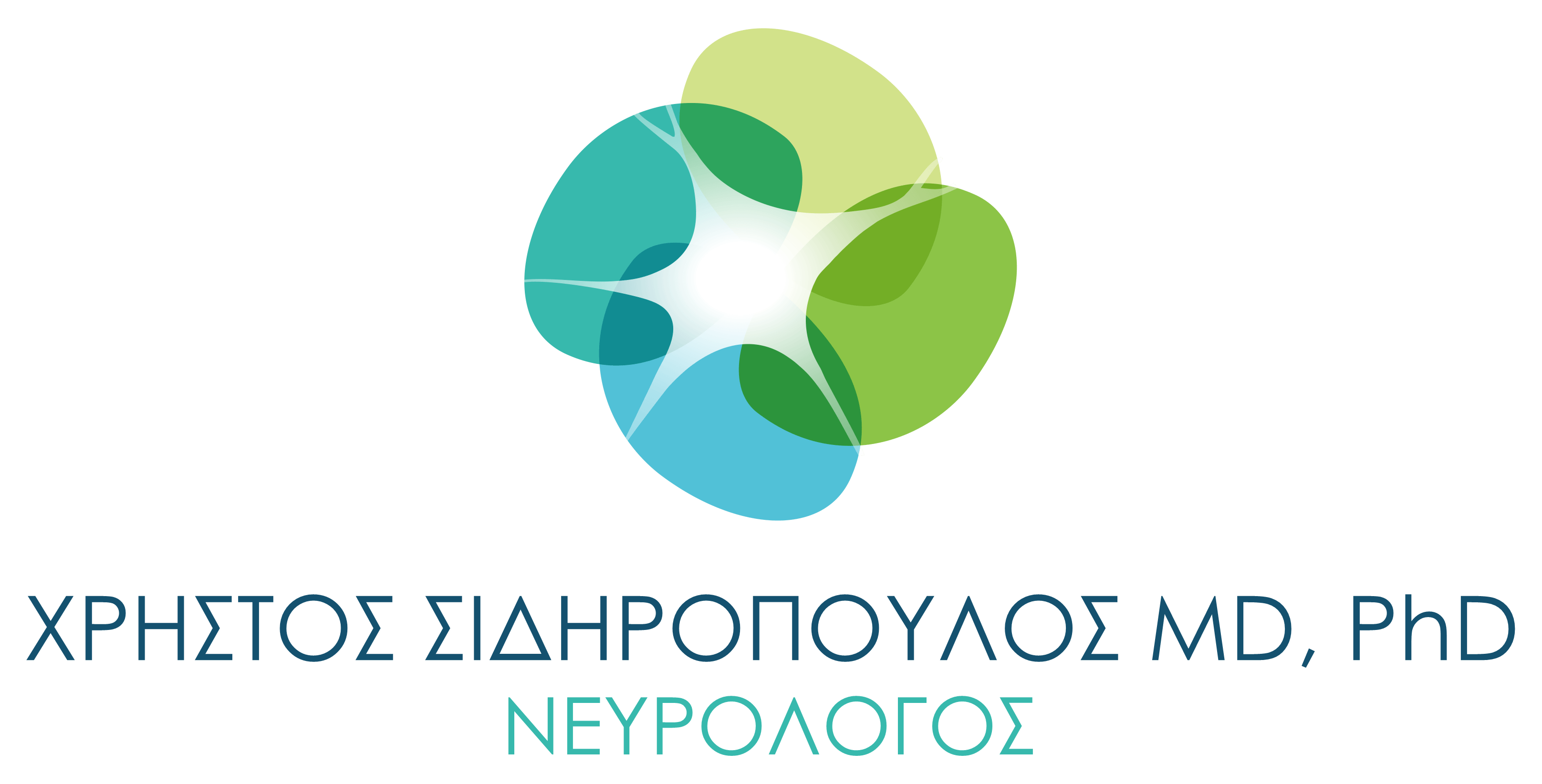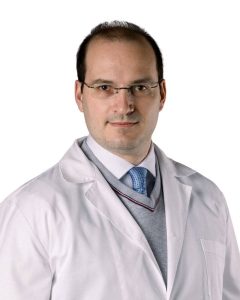When tremor appears on a body part, then one must be examined by a neurologist, because he or she may be suffering from idiopathic or also known as essential tremor. This movement disorder can be annoying for the quality of life of patients and often has a familial, hereditary background.
The tremor is typically more evident with the hands in action or during subtle movements such as
when holding a glass or when writing. The tremor usually stops when the hands are completely loose, while it intensifies in stressful conditions. Tremor, however, may also be the first sign of Parkinson’s disease, especially if it is the characteristic one-sided rest tremor.
There is no commercially available genetic test for essential tremor, and there is also no specific imaging or blood-based test for this condition. The diagnosis of the disease and its differentiation from Parkinson’s disease and other conditions, is made by an experienced and specially trained Neurologist. The neurologist also orders blood tests for other conditions such as thyroid diseases or some medications, which may worsen the tremor.
The patient may have poorly controlled tremors in their hands, head, voice, or other parts of the body. The problem mainly concerns adults (more rarely children and adolescents) and the situation gradually worsens with age.
For essential tremor, there are effective drugs (typically effective in 60-70% of patients) and treatments that significantly reduce it, but there is no cure.
Treatments for essential tremor
Neurologist Dr Christos Sidiropoulos is an expert in Movement Disorders and uses up to date medical treatment protocols for essential tremor.
If indicated, botulinum toxin injections can be used, since Dr Sidiropoulos has tremendous experience in its application. The injection of botulinum toxin into the muscles that cause tremors are more effective in tremors of the head, and less of the limbs.
For the injection with botulinum toxin of the vocal cords a referral can be made to a qualified otolaryngologist.
Another treatment for refractory essential tremor is Deep Brain Stimulation of a part of the brain called the thalamus. Dr Christos Sidiropoulos having unparalleled in Greece experience in Deep Brain Stimulation, assesses patients for surgical candidacy. Once surgery is completed Dr Sidiropoulos programs the neurostimulator to the best possible efficacy.
Should the patient be a poor surgical candidate for placement of a stimulator then another type of brain surgery, called thalamotomy can be done by a specially trained neurosurgeon.
However, the patient with essential tremor should be aware that his or her life expectancy is not reduced by the condition, but his/her condition slowly worsens. As such find treatments to improve quality of life becomes very important.
Parkinson remote mobility monitoring
Proper recording of the patient’s mobility requires a specialist in movement disorders, to exclude diseases with similar symptoms and to control all neurological associated manifestations.
Associate Professor of Neurology, Movement Disorders Specialist, Dr Christos Sidiropoulos, after the clinical examination uses the PD Monitor for Parkinson’s, a portable mobility recording system for patients with Parkinson’s disease.


